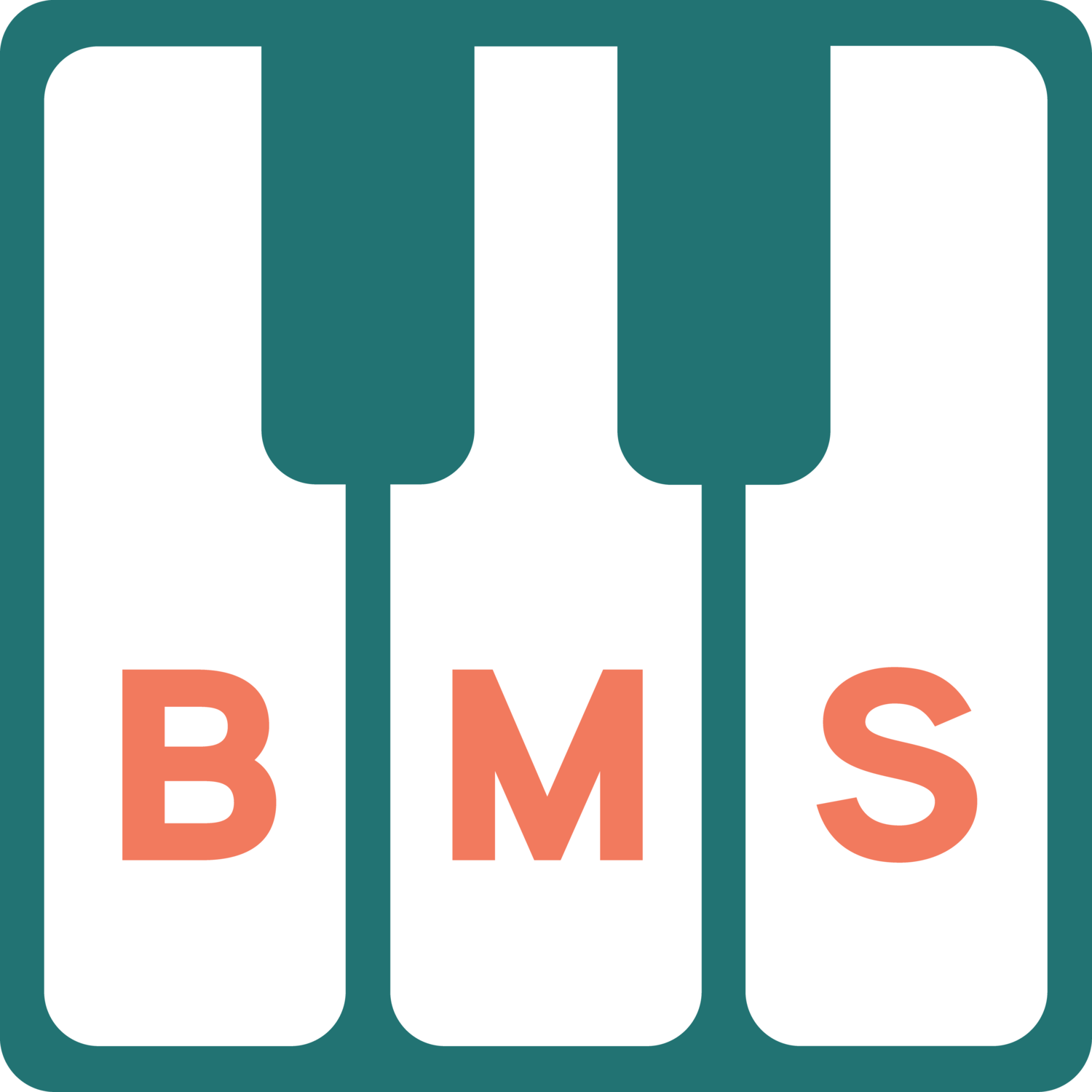Piano and Music Theory
Similar to my previous post on the benefits of music theory for singers, the benefits definitely do not stop at one instrument. Pianists should absolutely be using music theory to assist with their playing, reading and understanding. Once again, it is possible to learn piano through different methods, “playing by ear,” or watching videos with the keys shown to you. However, if you do not look at the theory behind the pieces you play, you could be missing a large component of the music. I previously also mentioned theory’s benefit when it comes to sight reading, which I will definitely reiterate here.
Let’s talk about reading sheet music first. It goes without saying that identifying rhythms, notes, and certain basic phrases or scale patterns becomes so much easier when you can visually see them in the music and immediately identify what they are and how to play them. But if we go a step further, identifying the chords you are playing, either solid and stacked upon themselves, or spread out through a few beats to create the same harmony, being able to identify what chord or harmony you are playing, and then how it relates to the key you are in, will help you tremendously.
Okay, so if none of this makes any sense to you, let me use an analogy. If you were reading a sentence, imagine how difficult it would be to identify each letter by itself, one letter at a time, instead of reading through the whole word. When we break notes down into individual letters, we can still piece things together, it just takes a lot longer. Now imagine we instead read the sentence, grouping the letters together to form words, and suddenly it becomes much easier to read and understand.Taking piano notes and grouping them together into “complete words” (or chords, or chord harmony) makes the process of reading the music much faster and easier to comprehend.
Okay, so what if you are learning a song “by ear,” or listening to a song or piece, and replicating it on the piano based on the sounds. I’m going to use the same analogy here, imagine someone was teaching you some new words. But instead of just saying the words together in a sentence, they gave it to you one letter at a time, several times, then gave you the word. It would take way too long! Using music theory, we can first identify what musical key the song is in, to help us establish what the most common notes could be. If we know that the song is in D major, we can immediately recognize that it will probably use a lot of the notes unique to the scale of D major, which can narrow down our “search” to 7 tones.
Knowing the key of a piece will also tell you what common chords could be used in it. If you are learning a pop song by listening to it, knowing it is in the key of D major, can also tell you that all of the standard chord options are going to be based around that key.
Avoiding rambling on for too long, I will surmise by saying that it is still possible to learn these things without knowing the music theory that supports them. Theory will help you to learn these things tremendously faster and with greater accuracy and freedom. It doesn’t take a lot to start down this path. If you are already learning piano, it can be as simple as starting to look for the visual cues that will make your reading easier. If you see a string of notes all ascending side-by-side, starting on C and ending on the C an octave above, it's probably a C major scale, and if you know how to play a C major scale, suddenly all of those notes are a lot easier to read together. Start reading your music in sentences with theory, and stop struggling through one letter at a time.

DISCLAIMER
I am not a medical doctor. These posts are all anecdotal, based on experiences through my own learning, understanding and teaching. My musical knowledge is based primarily in the Western classical tradition, which by no means defines the only perspective to learn and understand music.

